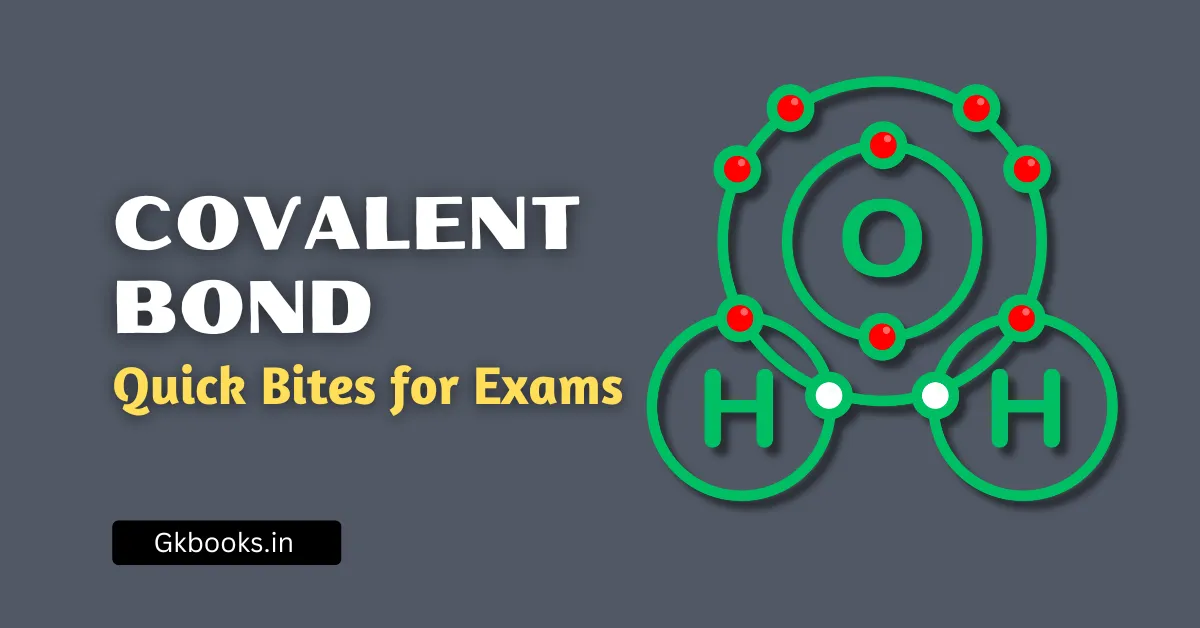Brahmaputra River System, Tributaries, Map, Origin, Length: Complete Notes
The Brahmaputra River System is one of the most important rivers in India and South Asia. It flows through Tibet, India, and Bangladesh, and has many tributaries. This river helps in farming, fishing, and transport. In this post, you will learn about the origin, length, map, and all key facts about the Brahmaputra River. These … Read more
